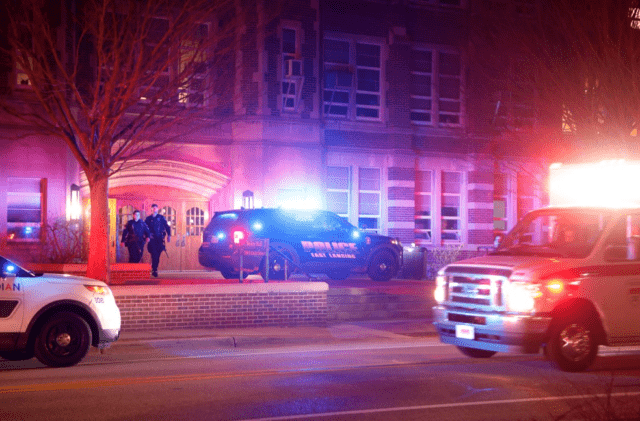[ad_1]

Share and speak up for justice, law & order…
By Chief Joel F. Shults, Ed.D
Perhaps it is the ultimate irony that at a time when law enforcement officers are facing more stressors than ever before, the profession is finally recognizing that mental wellness is an essential component of managing a police force.
We can safely say that policing is more stressful today than ever, and it was always stressful. The types of calls that police officers deal with have not changed, so why more stress in today’s environment? For one thing, the ambiguity of support or outright hostility from both the public and the judicial and political systems at large is palpable to officers on the street. One aspect of coping is having a supportive community. When that support and validation are absent, the toll of stress increases. A classic example is the difference between the soldier returning as a hero from WWII combat, and the soldier returning from Vietnam to hostility and derision.
Another factor is the increasing lack of recovery time. Because stress is a matter of body chemistry changes, it takes time for the body to return to a restful state. Shift work, mandatory overtime, and erratic schedules for court appearances and training can deprive officers of the time their bodies need to recover. As manpower shortages require more from each officer, time off is a precious commodity and vacations are seldom long enough.
Increases in non-compliance along with restrictions on gaining lawful compliance create a dangerous conflict between the duties officers are mandated to do and the means available to perform those duties. Beyond being a danger to the officer with fewer tools and more conflicted decision-making, the mental strain and anticipation of conflict take a toll. Having every moment recorded, although now routine, can be unnerving and create even more stressful hypervigilance.
Along with other mental health resources (still too rare and underutilized), is the widely reported success of mindfulness – defined by the Oxford online dictionary as “a mental state achieved by focusing one’s awareness on the present moment, while calmly acknowledging and accepting one’s feelings, thoughts, and bodily sensations, used as a therapeutic technique.” As with most developing concepts, definitions and implementations vary. A recent National Institute of Justice analysis suggests that there are benefits to mindfulness practice related to reducing depression, anxiety, and burnout but no benefit for better rest and sleep.
Research on the technique isn’t all rosy and some cautions are making their way to the surface in addition to all the praise heaped on mindfulness practice. It is possible that an agency interested in improving officers’ wellness can implement the technique with the idea that it is the solution to officer stress. The box gets checked, the agency head can boast about the services to their officers, and they’re off to the next issue. A comprehensive approach must acknowledge the potential downsides of mindfulness.
According to psychologist Jason Linder, a mindfulness advocate, the practice is over-hyped, oversold, and misunderstood. Cases of meditative crisis resulting in the need for additional treatment or medical intervention are overlooked. Treatment guidelines are few and don’t often reveal potential downsides. The National Institutes of Health states “Meditation could cause or worsen certain psychiatric problems.”
Among the potential risks of mindfulness meditation are suicidality, depression, negative emotions, and flashbacks during meditation for individuals with trauma histories. Focusing on feelings at a given moment is designed to provide awareness and grounding, but if the feelings of the moment are chaotic and traumatic, mindfulness may not only fail to exorcise them but may magnify them. In a 2021 article in Psychology Today magazine entitled The Potential Dangers of Mindfulness, Linder, again an advocate of the practice, states “Every experienced mindfulness practitioner has had the experience of feeling worse after having practiced. Mindfulness tends to evoke or reinforce what is already going on in your mind and body. If you’re worried about something that will happen in the future, or can’t stop thinking about an event from the past, mindfulness may amplify your worrying, confusion, or suffering around this.”
Mindfulness meditation remains a potentially valuable tool in the overall management of mental health for first responders. It should not be the sole solution or the only tool that police leadership puts in the stress management toolbox.
This article originally appeared at the National Police Association and was reprinted with permission.
Share and speak up for justice, law & order…
[ad_2]




